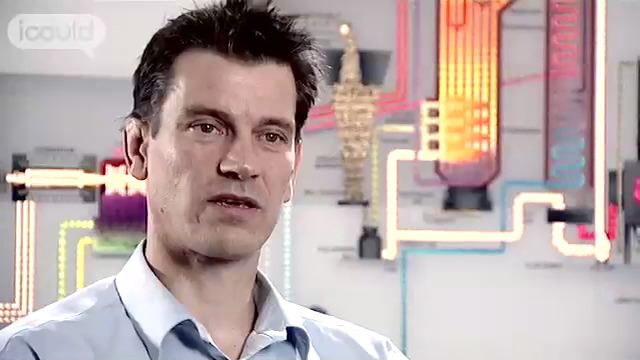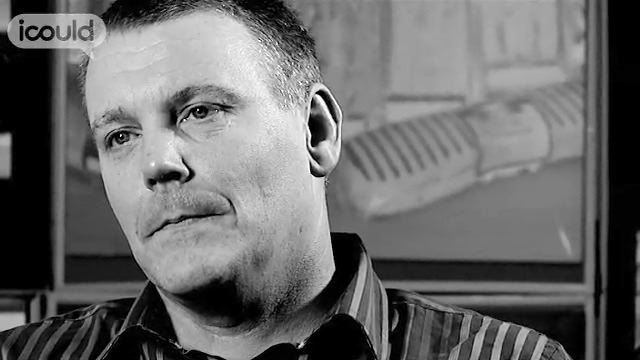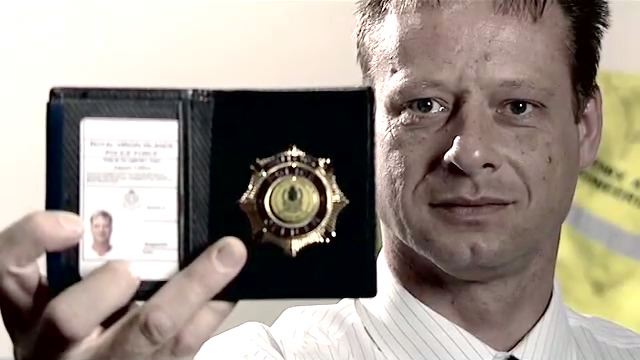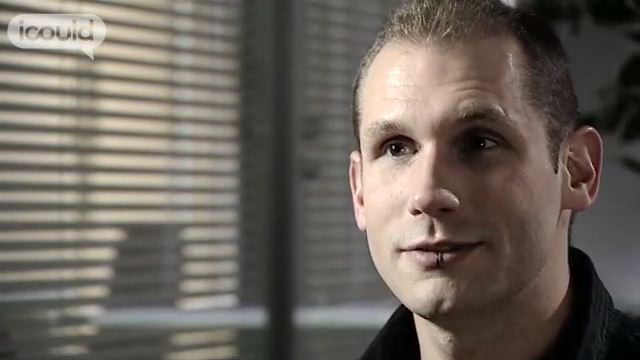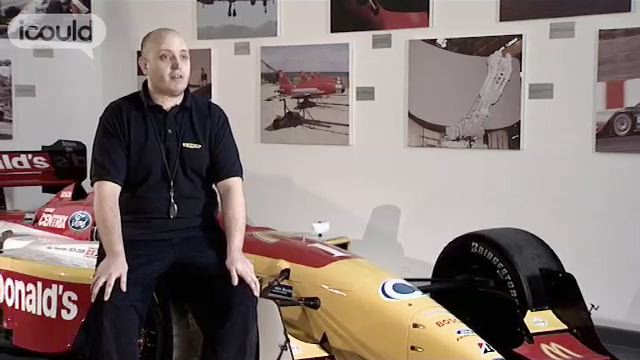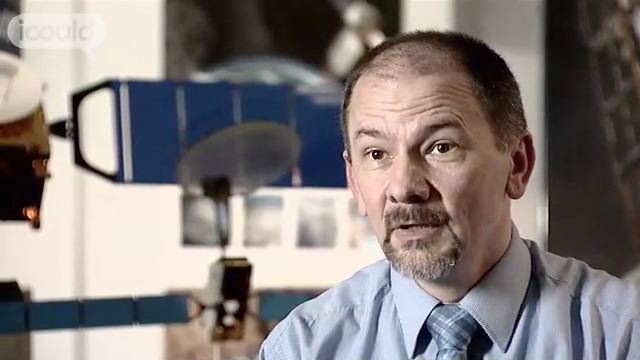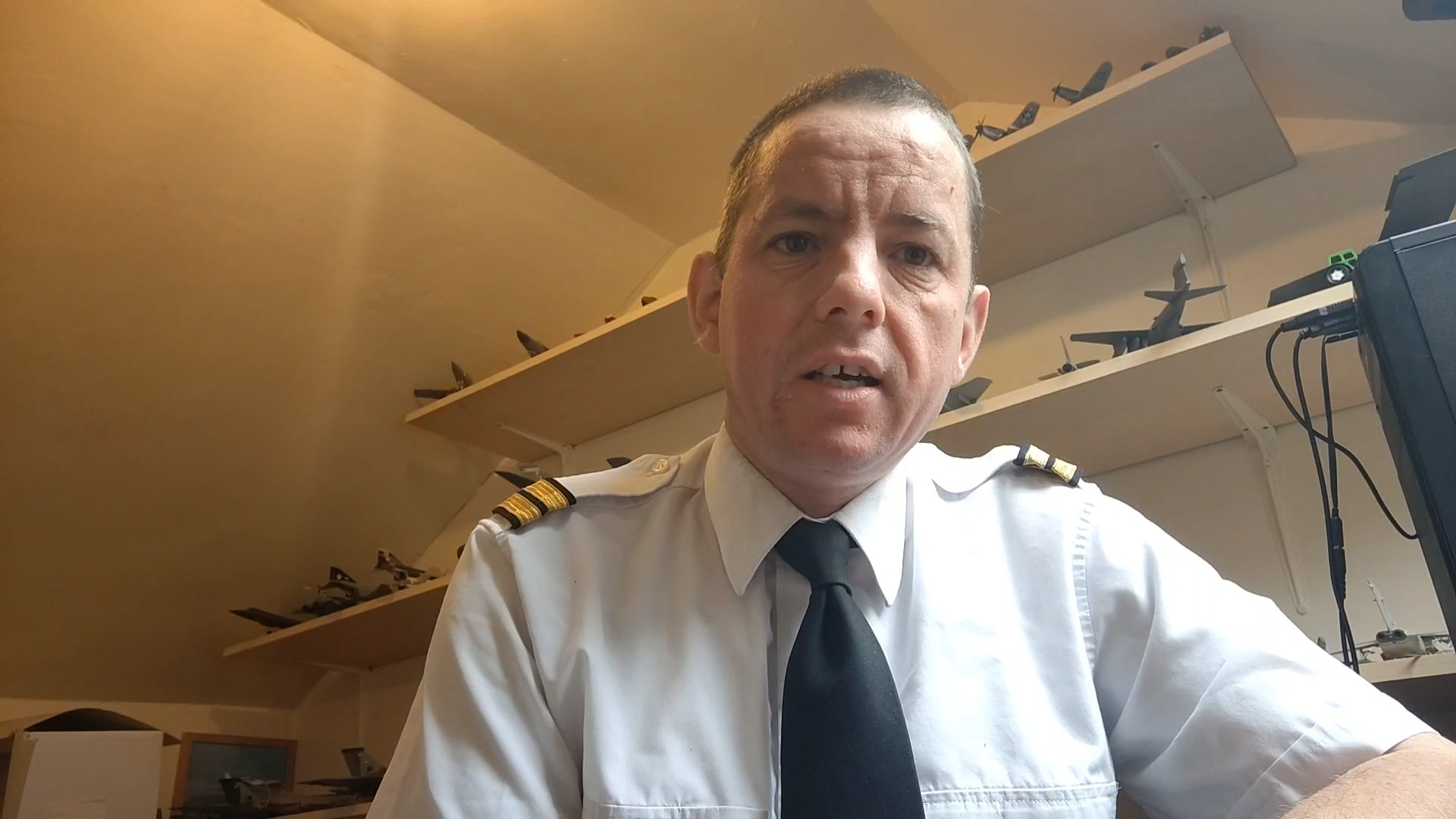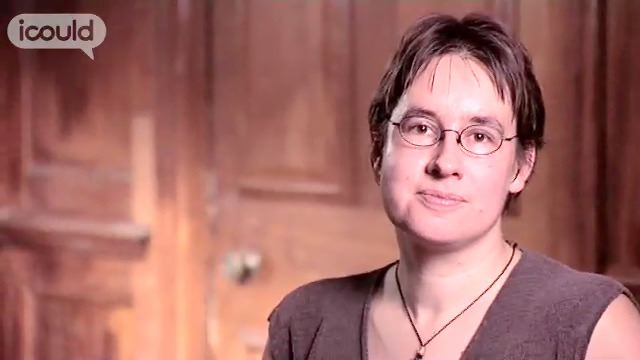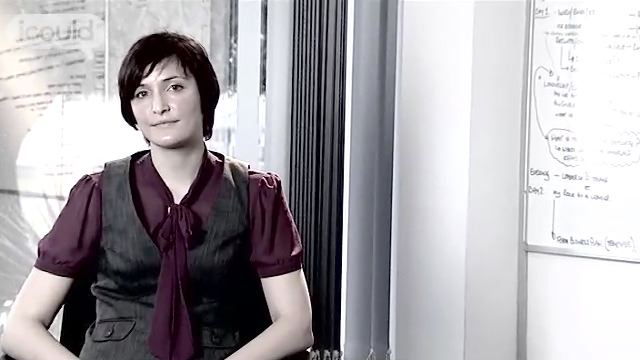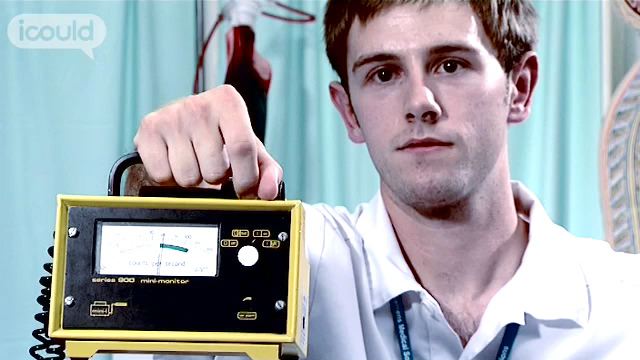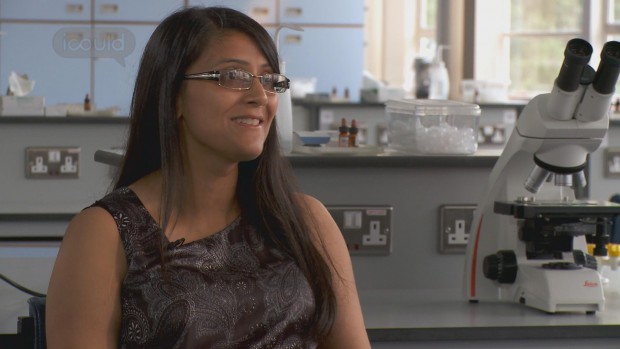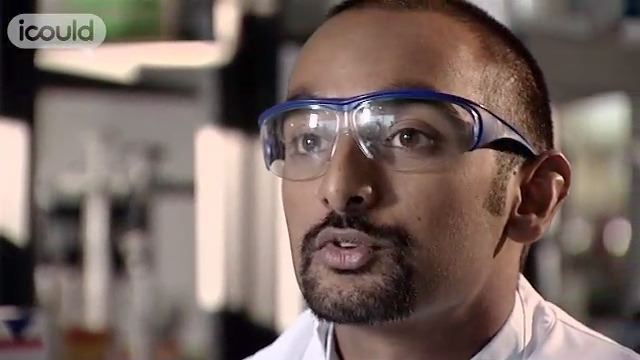Team Leader, Materials
E.ON
Scott L
00:00:02 Name’s Scott L, my job title’s Team Leader Materials, responsible for managing a team of thirteen people. We’re involved with things like failure investigations, so when a component fails in the Power Station we’re asked to actually investigate it. We also do quite a significant amount of research and development work. It’s very challenging, you’re getting a range of different things to do every day, because as well as obviously managing the team, I’m also involved in doing work myself. I don’t just sit there and direct people, I’m actually – at least fifty percent of my job is involved in practical work. I find it fulfilling, I look forward to going to work, I enjoy it, it’s just good fun.
00:00:40 I don’t really think I knew what I wanted to do. I remember getting to – into the fifth year at school, I would have been about 15 at the time, not really knowing what I’d do. You choose subjects you want to do and, you know, the best subjects – my best subjects were History and Geography and Metalwork. Engineering was the automatic choice, mainly because I’d grown up in an environment where my Dad was always buying old lawnmowers, chain saws, whatever else and doing them up, getting them working, selling them on. Same with cars and stuff. So I grew up in an environment where taking things apart and putting them back together again was something that was normal, was what you did. And Dad let me help out, and my brother’d help out, and stuff. So I got – I was used to doing those sorts of things, so it seemed the – in many ways the easy option to try and formalise that.
00:01:25 I chose to go to a – commute, twenty miles each way – to a college – local college – to do a Tech course – Technicians’ Engineering course for a year. Which allowed me then to go on to the course which I wanted, which was a BTech Diploma in Technology course. The careers teacher was very sort of proactive and, you know, don’t just restrict yourself to that, you can do more, you know, you can go to a Polytechnic, you can go to University. Which to me at, you know, age 17 was an actual revelation, you know, coming from a small country town, University was something you didn’t do. And, you know, I went to Liverpool University, did a degree in Metallurgy and Materials Science. Came out with a 2:1, and then subsequently went on and did a PhD,
00:02:06 I haven’t finished the PhD, I decided I’d had enough of education so I went travelling for quite a few months. I was in Bali for probably about five weeks, and then went off travelling around India and Indonesia from there, and – it’s really – it’s quite scary at first, ’cause you really are in completely different area. It’s like going to University or going to college for the first time, but it’s even worse ’cause you’re miles from home, there is no one there to sort of really provide that security for you. So I think I learnt a lot about independence, learnt a lot about myself in terms of how I react to those situations.
00:02:34 If I look back and I see there’s a number of people who’ve been supportive. My Mum was always very supportive, saying whatever you want to do, you know, apply yourself, work hard, then you should get it, you know, it’s a case of, you know, believe in yourself, believe in – those opportunities are available, and you should – you’ve got to take them. And that’s happened, having good teachers, who made you want to go on further and achieve these things.
00:02:56 Work is still important to me, but my children are also important to me, and I think that’s – you have to make that balance. And I think, you know, I’m quite lucky that I’ve – you know, I will do the long hours if needs be, but I also am very aware that, you know, I’ve a responsibility that – to, you know, to look after the children and give them the best possible start as well. And it’s also fun – they’re fun to be with. They say some, you know, ridiculous things sometimes. I’m being told off by a three and a half year old now, it’s just not fair.
00:02:21 For me personally in terms of job security, it feels very secure. It feels like a business that, you know, there’s lots of things going on in terms of development. Within the role I think I’ll just see how things develop. I do have a love of the technical work, and it may be that at some point I’d like to sort of jump back into doing that, maybe as what we term – currently term as a technical head. Which is a sort of a senior technical consultant role.
00:03:45 People have been there at the right place at the right time to give me the right advice, maybe to take a bit of – take a gamble with me. But I also actually – I always worked hard, I always said, you know, if you apply yourself as hard as you can, then you should be able to achieve what you want.
00:03:45 ENDS
Scott enjoyed helping his dad take things apart and fix them and he found a way of turning this into a fulfilling career in engineering. He was one of the few in his area to attend university, and in his current role as Team Leader Materials, he can combine his interests in: practical work, problem solving, research and development and management. Travel and family have a strong influence on his life too.
More information about Engineering technicians
The UK average salary is £29,813
There are 37.5 hours in the average working week
The UK workforce is 47% female and 53% male
Future employment
- Plans and prepares work and test schedules based on specifications and drawings;
- Sets up equipment, undertakes tests, takes readings, performs calculations and records and interprets data;
- Prepares estimates of materials, equipment and labour required for engineering projects;
- Diagnoses and detects faults and implements procedures to maintain efficient operation of systems and equipment;
- Inspects completed aircraft maintenance work to certify that it meets standards and the aircraft is ready for operation;
- Visits and advises clients on the use and servicing of mechanical and chemical engineering products and services.
